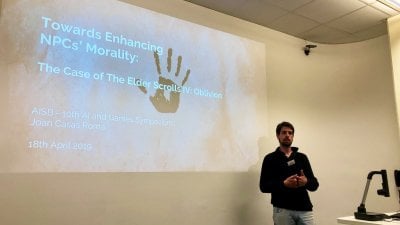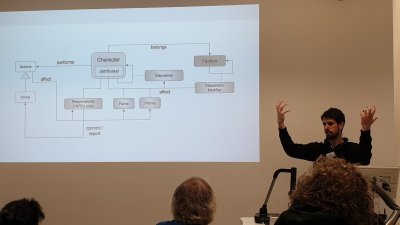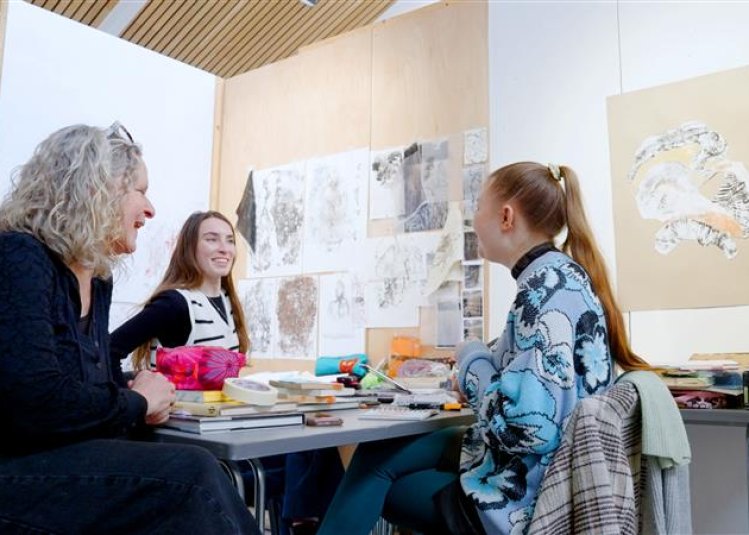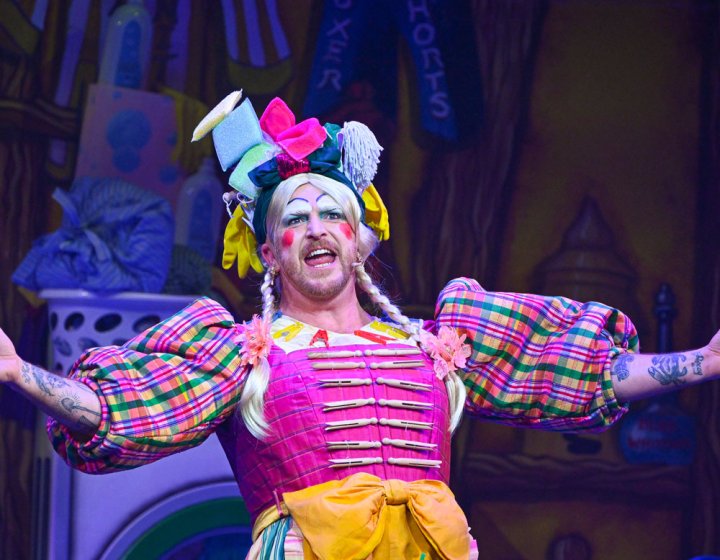Building believable worlds
15 May 2020
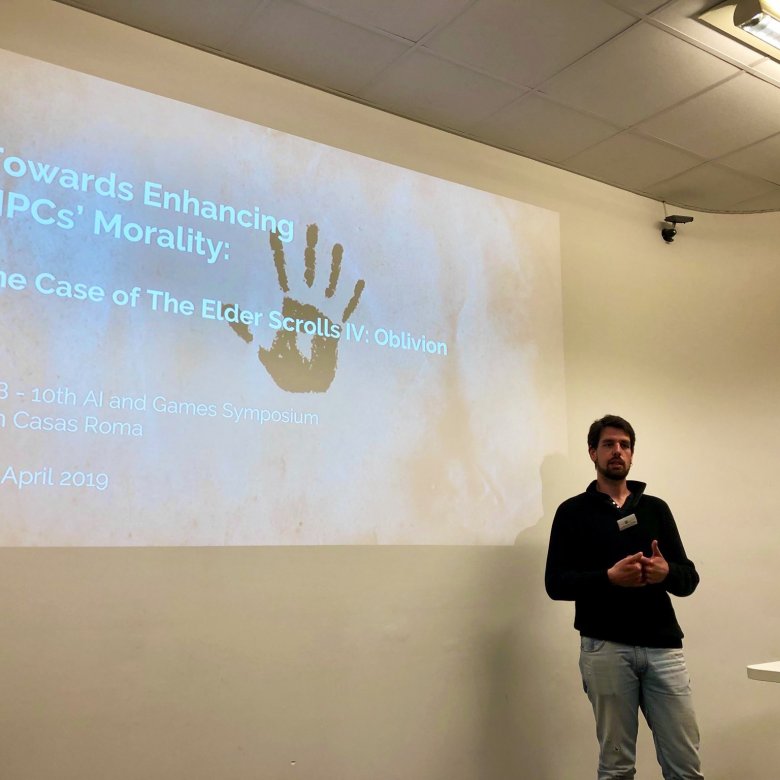
On the Game Development BA(Hons) course, students start building their own games from day one and are shown all aspects of game creation, from art and animation to writing, design and programming.
Students learn how different specialisms work together and how to work effectively in a team – just like in a real games studio environment.
One vital part of game development is creating well-rounded, believable worlds in which people can immerse themselves. That not only means thinking about the creatures who live in these worlds, the clothes they wear and the landscapes around them, but how people behave.
Dr Joan Casas Roma, who is a lecturer on the Game Development BA(Hons) course, along with the games MA and MSc courses, explains how the actions that characters take and players can make are all linked to morality.
He says: “Just by allowing players to do particular actions, you are making judgements about morality – deciding what’s right and deserves rewards, and what will fail or be punished. So, when you are designing a world, you need to think about creating a morality system that captures reactions and behaviours that we would expect to see in the real world, and which will help make non-playable characters behave in a more lifelike way.
After all, unlike watching a film or reading a book, playing a game is the only medium where you can feel guilty or proud of your actions.”
Joan gives examples of some of the most popular games of the twenty first century that have really thought about the importance of morality and decision-making in their games.
He says: “The Fallout series is really interesting, as it’s quite morally ambiguous. There are less obvious ‘good’ and ‘bad’ decisions, but rather a variety of more complex choices where there often isn’t an easy, or good choice. The games really account for people’s intentions and this makes players consider their own values when deciding what to do within the game.
“On the other hand, games with very black and white approaches to morality (a clear ‘good’ versus ‘bad’) can feel artificial to players, almost like a theme park. Some titles, such as late The Elder Scrolls titles, model a complex law and morality systems integrated throughout the game, even featuring non-playable characters with varying levels of morality that can make them act differently in certain situations.
“These games both show how having complex, meaningful decisions help to build more immersive worlds that people feel really connected to”.
Showing people how to build believable and lifelike virtual worlds is just one of the ways in which our Game Development BA(Hons) helps people to hone their skills and create exciting, original games for new markets.
On the course, students will be encouraged to develop a multi-disciplinary approach, before specialising in either game art, animation, audio, design, programming or writing.
They will be able to build their own games from day one and even establish their own company in their third year.
